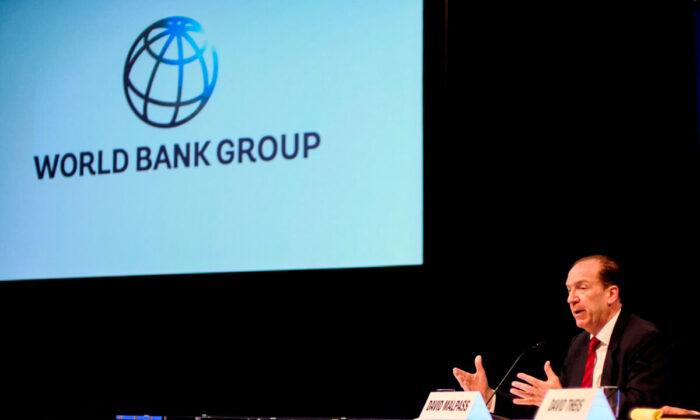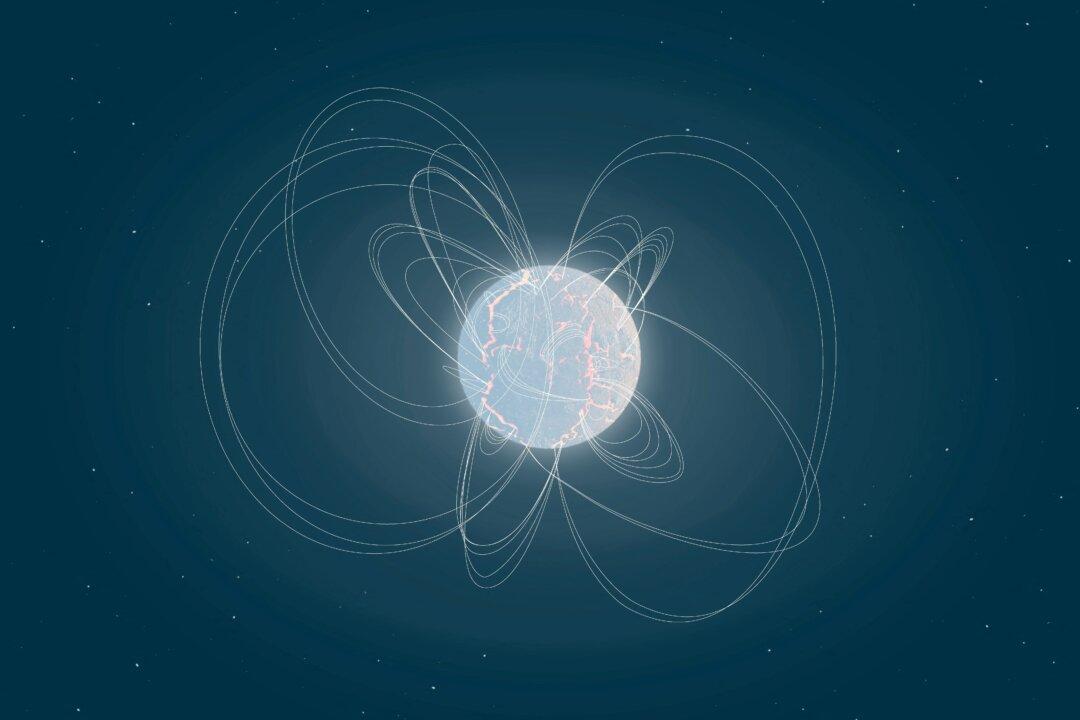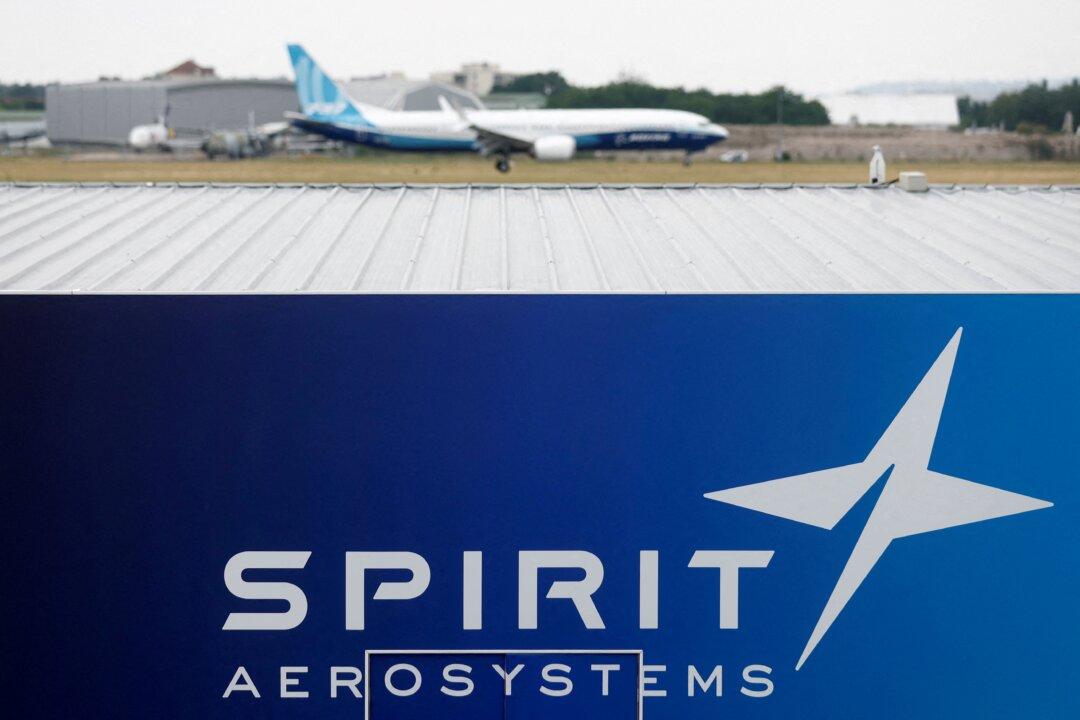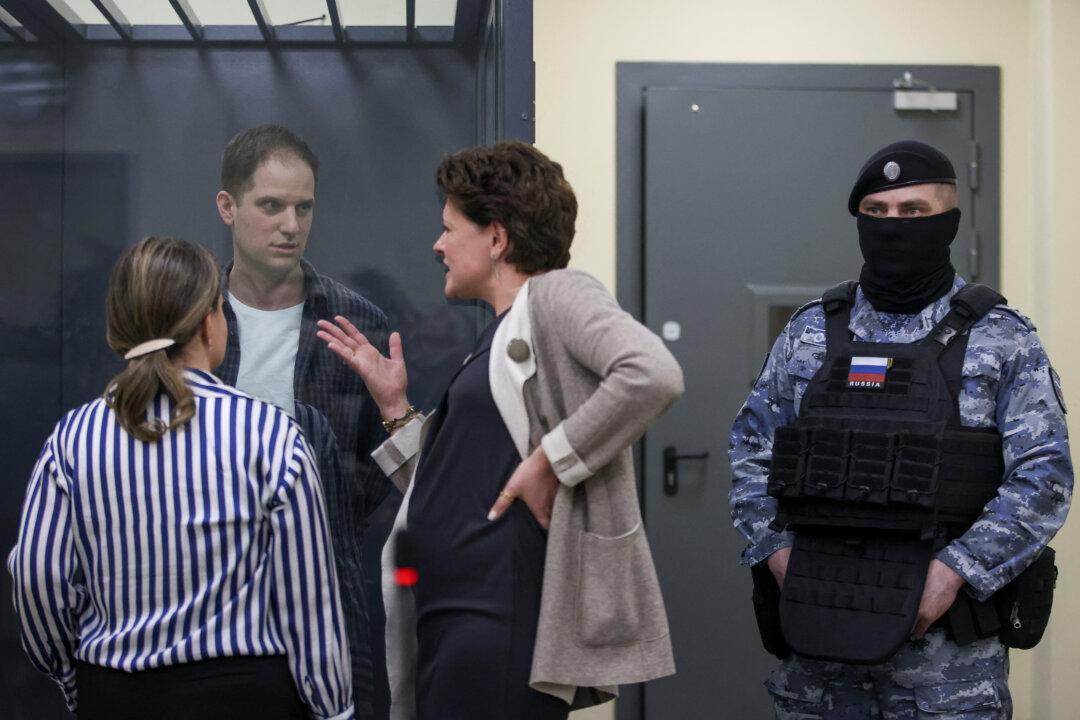WASHINGTON—The World Bank is reducing its global growth forecast for 2022 by nearly a full percentage point, to 3.2 percent from 4.1 percent, due to the impacts from Russia’s invasion of Ukraine, World Bank President David Malpass said on Monday.
Malpass told reporters on a conference call that the World Bank was responding to the added economic stresses from the war by proposing a new, 15-month crisis financing target of $170 billion, with a goal to commit about $50 billion of this financing over the next three months.
Malpass said the biggest component of the bank’s growth forecast reduction was a 4.1 percent contraction in the Europe and Central Asia region—comprising Ukraine, Russia, and surrounding countries. Forecasts also are being cut for advanced and many developing economies because of spikes in food and energy prices caused by war-related supply disruptions, Malpass said.
The International Monetary Fund is expected to cut its global growth forecast on Tuesday.
“We’re preparing for a continued crisis response, given the multiple crises,” Malpass said. “Over the next few weeks, I expect to discuss with our board, a new 15-month crisis response envelope of around $170 billion to cover April 2022 through June 2023.”
The plan follows on from a World Bank $160 billion COVID-19 financing program, of which Malpass said $157 billion was committed through June 2021.
Malpass said the financing partly will support countries that have taken in refugees from Ukraine and will also help address problems in countries affected by food shortages.
Malpass said World Bank and IMF member countries this week will be discussing new assistance for Ukraine, and expects specific commitments to be announced by a number of donor countries.






Friends Read Free